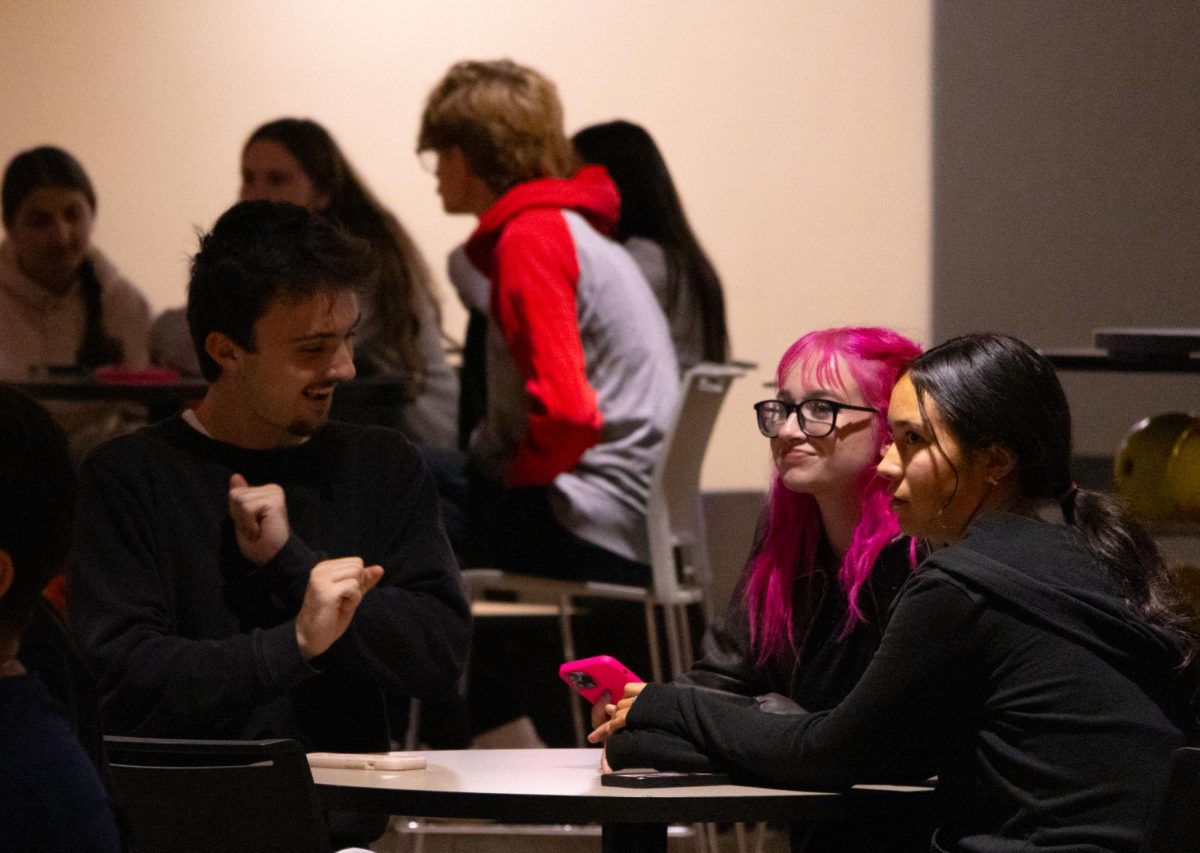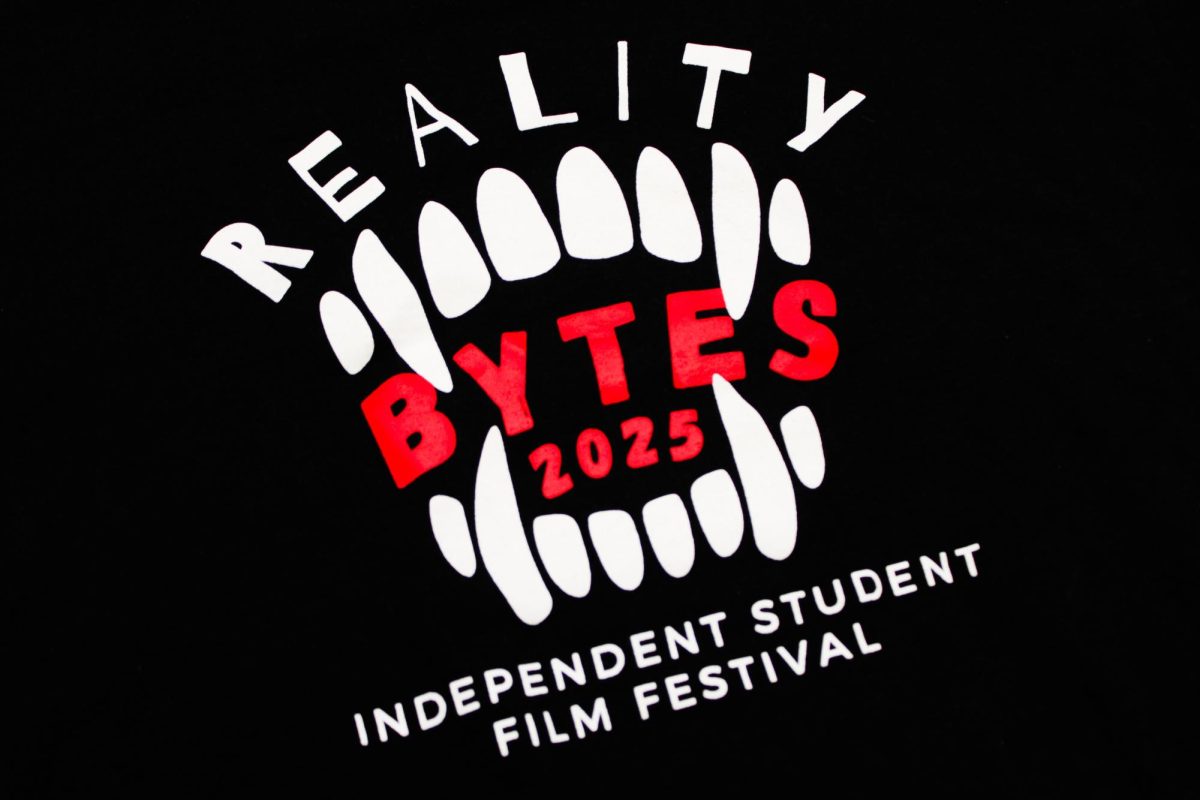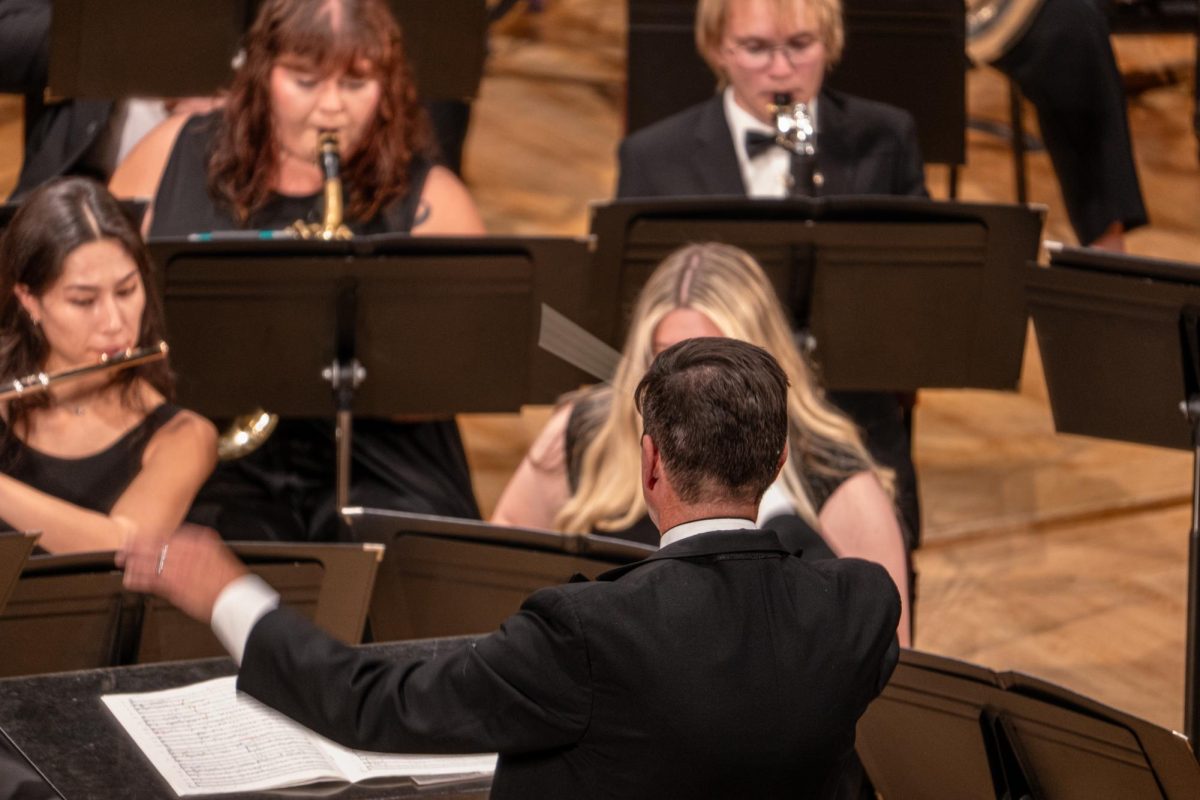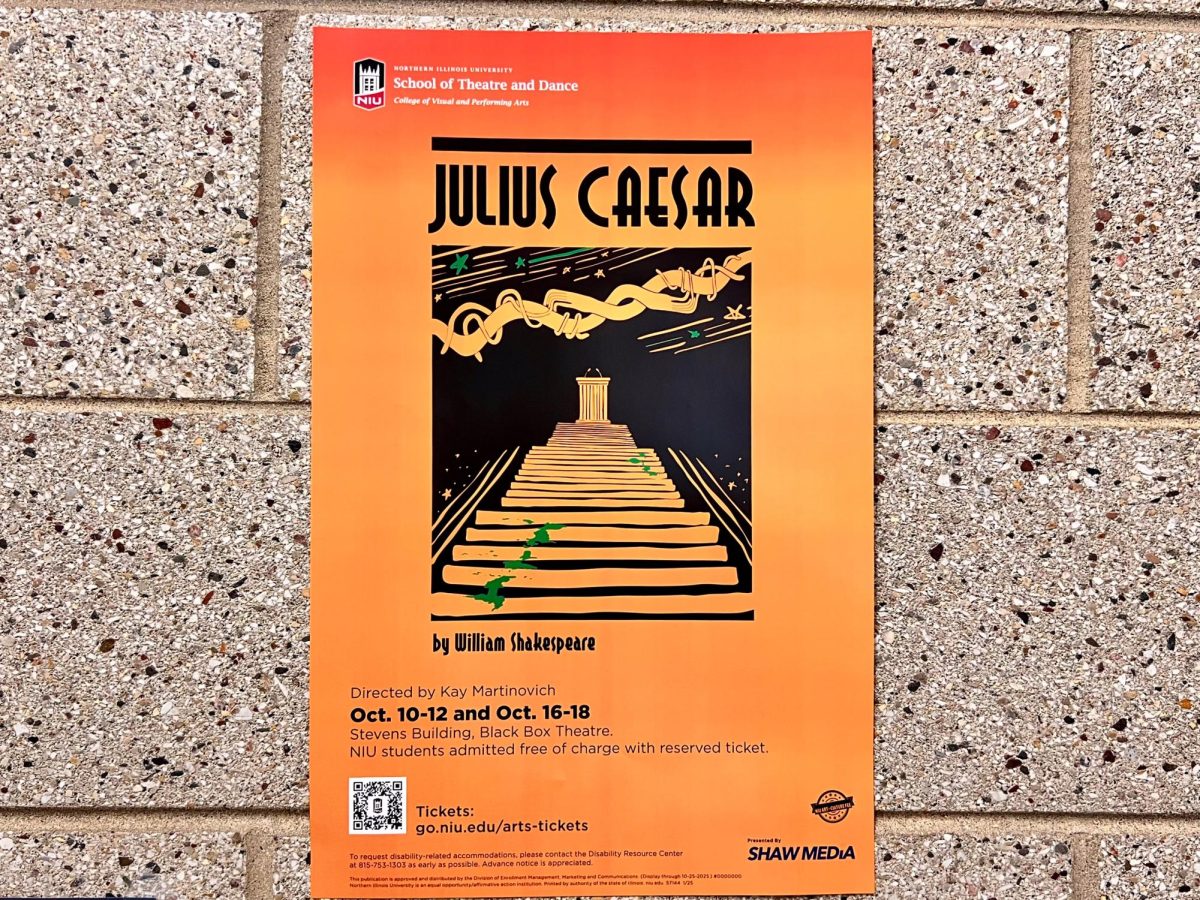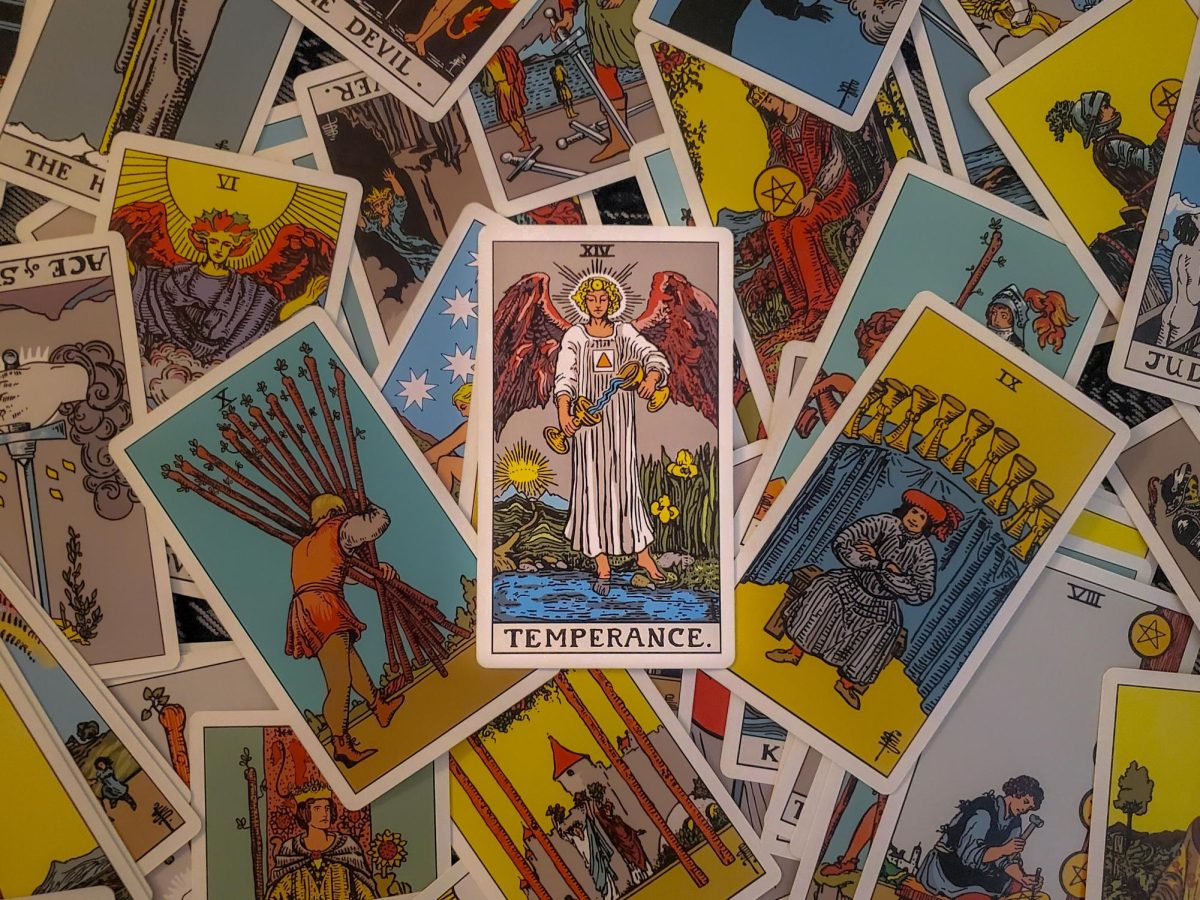If you’re looking for some must-watch Latin movies, here are a few recommendations.
“La Llorona” – HORROR MOVIE
“La Llorona” is a 2019 Guatemalan horror film directed by Jayro Bustamante. The movie explores the legend of La Llorona, a weeping woman who is said to haunt the Americas. According to the legend, La Llorona is the ghost of a woman who lost her children and now weeps while searching for them. The movie takes place in present-day Guatemala and follows a retired former dictator who is on trial for his role in a genocide that occurred during the country’s civil war. As the trial unfolds, the general’s family is terrorized by an otherworldly entity that they believe to be La Llorona. The ghostly presence becomes increasingly intense, and the family is forced to confront their past transgressions.
“La Llorona” received critical acclaim for its blend of horror and social commentary. The movie addresses themes of guilt, trauma and the legacy of violence that continues to impact countries like Guatemala. Bustamante brings a distinctive style to the film, using a muted color palette that enhances the movie’s eerie atmosphere. Overall, “La Llorona” is a haunting and thought-provoking horror film that blends elements of the supernatural with a stark look at the real-world horrors of the recent past.
“Ya No Estoy Aquí” – DRAMA MOVIE
“Ya No Estoy Aquí” is a film that explores the notions of identity, belonging and expression. The movie also touches on the themes of immigration, discrimination and the impact of violence on vulnerable communities. The film tells the story of Ulises, a teenage boy from Monterrey, Mexico, who is forced to flee to New York City after being targeted by a local gang. Ulises is part of a small community known as “Kolombia,” who are passionate about dancing to the cumbia genre of music called “Cholombiano.” As Ulises navigates life in a new country, he longs for his past life in Monterrey and struggles to find a sense of belonging in his new surroundings. Through Ulises’s journey, the struggle of preserving cultural traditions in the face of displacement and change.
“Ya No Estoy Aquí” was praised by critics for its authentic portrayal of the Cholombiano culture and the vibrant music and dance scenes. The film won multiple awards, including Best Director at the 2020 Ariel Awards (Mexico’s equivalent of the Academy Awards). “Ya No Estoy Aquí” is a powerful and emotional movie that explores the challenges faced by immigrants and the importance of cultural identity. The film is a testament to the enduring power of art and music to provide a sense of community and belonging, no matter where you are in the world.
“The Secret in Their Eyes” – CRIME MOVIE
“The Secret in Their Eyes” is movie is based on the novel “La pregunta de sus ojos” by Eduardo Sacheri and tells the story of a retired legal counselor Benjamín Esposito, who revisits an unresolved case of a brutal rape and murder of a young woman that occurred 25 years ago. “The Secret in Their Eyes” explores complex themes of love, loss and redemption against a backdrop of political upheaval and social struggle. It is a masterfully directed and well-acted movie that wrenches out the viewer’s emotions, tugging at the heartstrings through its stunning visuals and absorbing soundtrack.
The movie unfolds with two parallel narratives. In the present day, Benjamin decides to write a novel based on the case, and he talks to the murdered woman’s widower and a former colleague to help him jog his memory. The second narrative unfolds in flashbacks, and it keeps taking the viewer to the actual episode of 1974 when Benjamin and his partner try to solve the case. “The Secret in Their Eyes” won numerous accolades, including the Academy Award for Best Foreign Language Film in 2010. The film’s amazing cinematography and direction, captivating performances and a gripping script captivate the viewer’s attention, leaving an indelible impression long after the movie ends.
“City of God” – DRAMA MOVIE
“City of God” film is based on a true story and follows the lives of several young boys growing up in the favela over a period of three decades, starting from the 1960s until the 1980s. The story is told from the perspective of Rocket, a shy and quiet young man, who dreams of becoming a photographer while living in an impoverished neighborhood plagued by violence and crime.
A 2002 Brazilian crime film directed by Fernando Meirelles and co-directed by Kátia Lund, the film is set in the violent neighborhoods of Rio de Janeiro, Brazil. The movie takes its name from a real favela (shantytown) named “Cidade de Deus,” which means “City of God” in Portuguese. The movie paints a vivid portrait of the brutal realities of life in the favela, where gangs control everything and violence is a way of life. It explores the drug trade, police corruption and the struggles of the people living in poverty. It also shows the conflicted identities of young boys growing up in such a world, forced to choose between the life of crime and the path of redemption. The cinematography in “City of God” is vibrant and dynamic, effectively capturing the chaotic energy of the favela and its people. The storytelling is fast-paced and intense, with a powerful soundtrack to match.
“City of God” is an insightful and deeply affecting movie that provides a rare and powerful glimpse into life in the favelas of Rio de Janeiro. The film’s unflinching portrayal of violence and poverty, combined with its energetic visual style, has made it a critical and commercial success both in Brazil and internationally.



